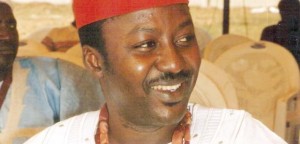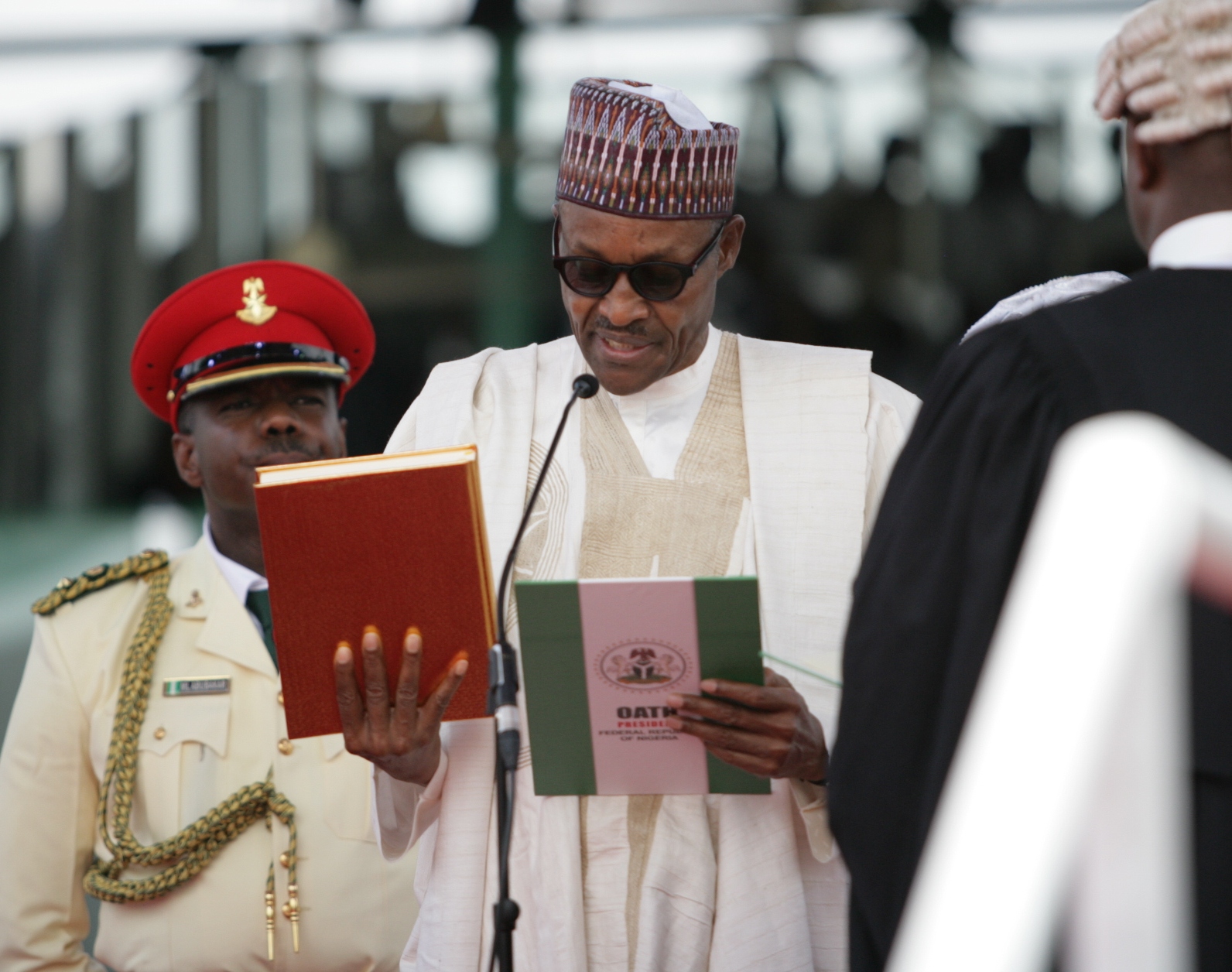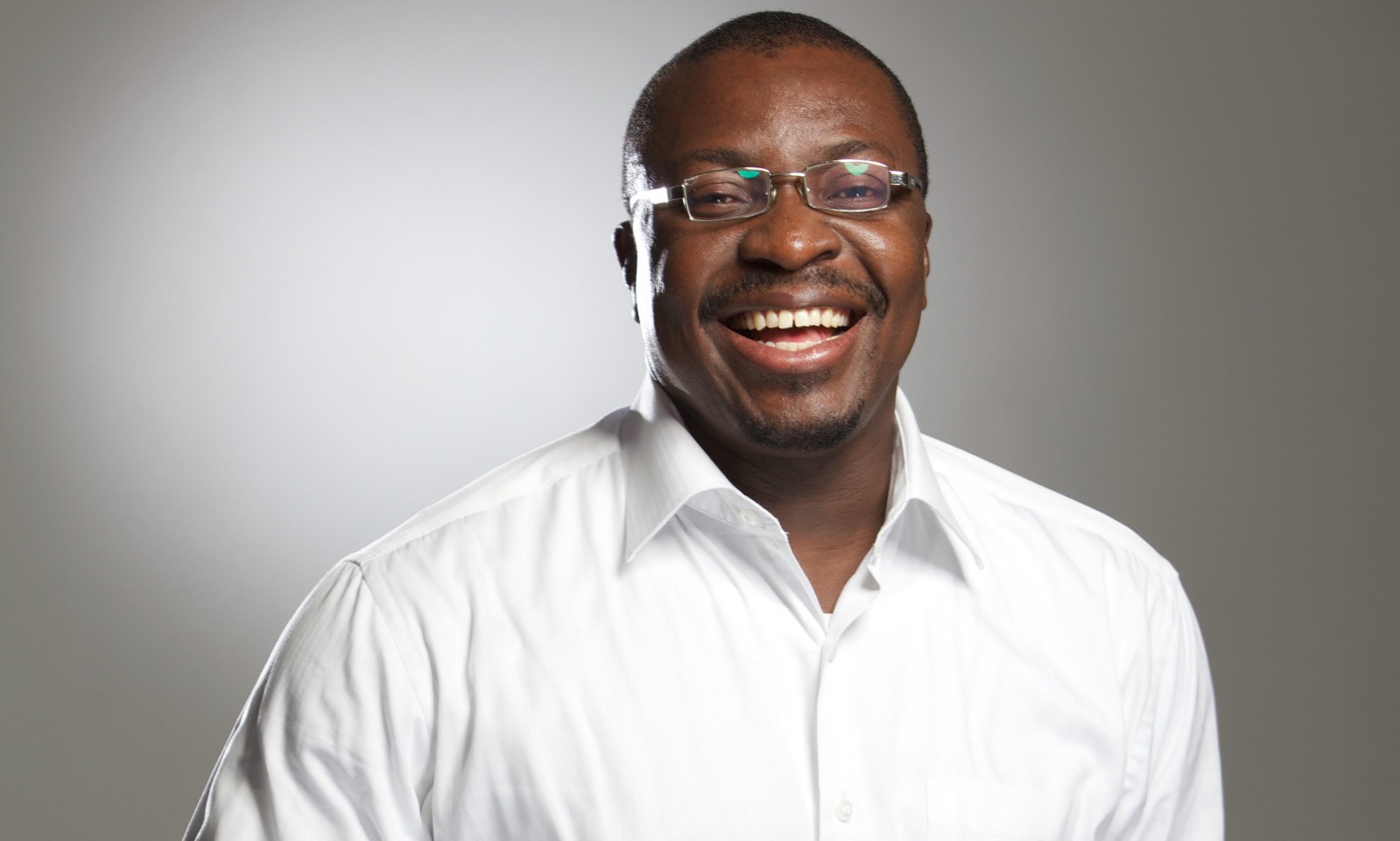The presidential candidate of the National Conscience Party, Chief (Engr.) Martin Onovo has criticized the victory of President Mohammadu Buhari at the 2015 general elections stating that, his victory was obtained fraudulent.
Speaking at an event organized by the Pan African Student Congress (PASCON) in his honour, he said ,“most Nigerians desire good governance. We wanted a change in the political leadership of Nigeria from the 2015 general elections and we worked very hard for a positive change but the ‘powers that be’ have imposed a corrupt and lawless leadership on Nigeria through structured and powerful manipulations.

“Violence and a threat of a catastrophic violence were also employed. The political significance of this change could have been that for the first time since Independence, an incumbent Commander-in Chief lost a presidential election. But since the victory was fraudulently obtained, the political significance is the promotion of lawlessness and rigging.
“The political significance also includes the new government’s lack of moral authority,
He condemned the election by stating that the All Peoples’ Congress (APC) lacks the moral authority to lead as the party was funded with slush funds.
“We must be vigilant and work with the new government to mitigate the impending catastrophic failure. A possible political panacea for this situation is, a ‘Government of National Unity’ involving all parties that participated in the fraudulent general elections.
“his has been previously proposed but the childish euphoria of victory blinds the APC to reality.
“Democracy can be established in Nigeria. Our constitution requires democracy but the present disorder in Nigeria prevents the practice of democracy. Before we can firmly establish democracy, we must restore the rule of law.
“This requires the improvement of our law enforcement effectiveness and also the judiciary. Only a good government can do such so, I do not see how this new government can do such. But we will continue to contribute towards the establishment of democracy in Nigeria,”







